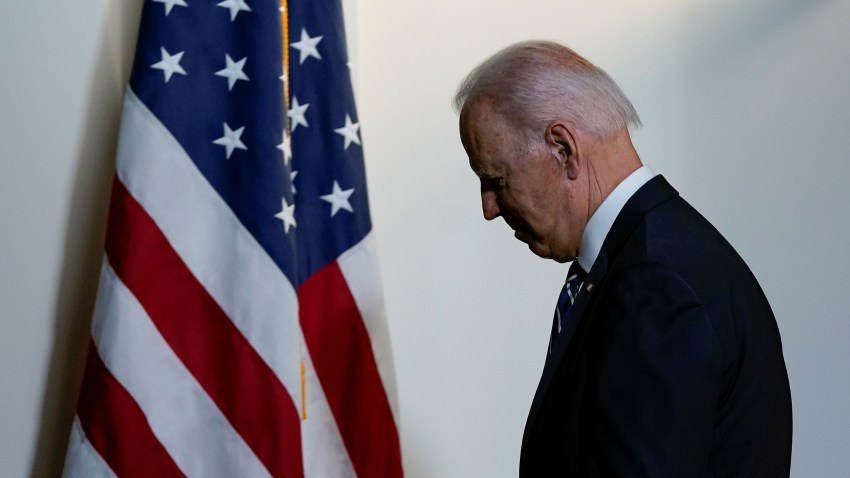There are few impulses more deeply rooted in the United States’ political culture than the urge to remain aloof from the turmoil that often engulfs the wider world. Whether it was Thomas Jefferson’s declaration during his first inaugural address in 1801 that the U.S. should pursue “honest friendship with all nations, entangling alliances with none,” or former President Donald Trump’s claim at his own inauguration in 2017 that “it’s going to be only America First,” the urge to withdraw from global affairs and focus entirely on domestic priorities has always lurked below the surface of U.S. politics. With the possibility of another era of U.S. withdrawal from aspirations to be the world’s “indispensable nation” now looming, Washington’s allies in Europe need to prepare for it.
The willingness of isolationist Republican legislators in Congress to sabotage President Joseph Biden’s ability to aid Ukraine in its struggle against Russia’s invasion has sent Europeans scrambling to replace military assistance from Washington they took for granted as late as September 2023. Yet until this sudden shock over political paralysis in Washington, European policymakers had spent the preceding two decades in a state of denial over mounting signs that the willingness to maintain Washington’s global system of alliances had begun to waver among a substantial part of the U.S. political class.
Growing skepticism within U.S. society surrounding the strategic effort needed to remain a global power was already becoming visible when Washington’s hegemony seemed to be at its height in the 1990s. The resonance of Pat Buchanan’s isolationist rhetoric among many U.S. conservatives during his Republican primary challenge against then-President George H.W. Bush in 1992 echoed themes that Trump would seize on during his successful takeover of the party nearly 30 years later. The speed with which Trump’s claims that allies were taking advantage of U.S. generosity became conventional wisdom among Republicans is an indication of how deeply rooted isolationist sentiments already were within the U.S. political right.

